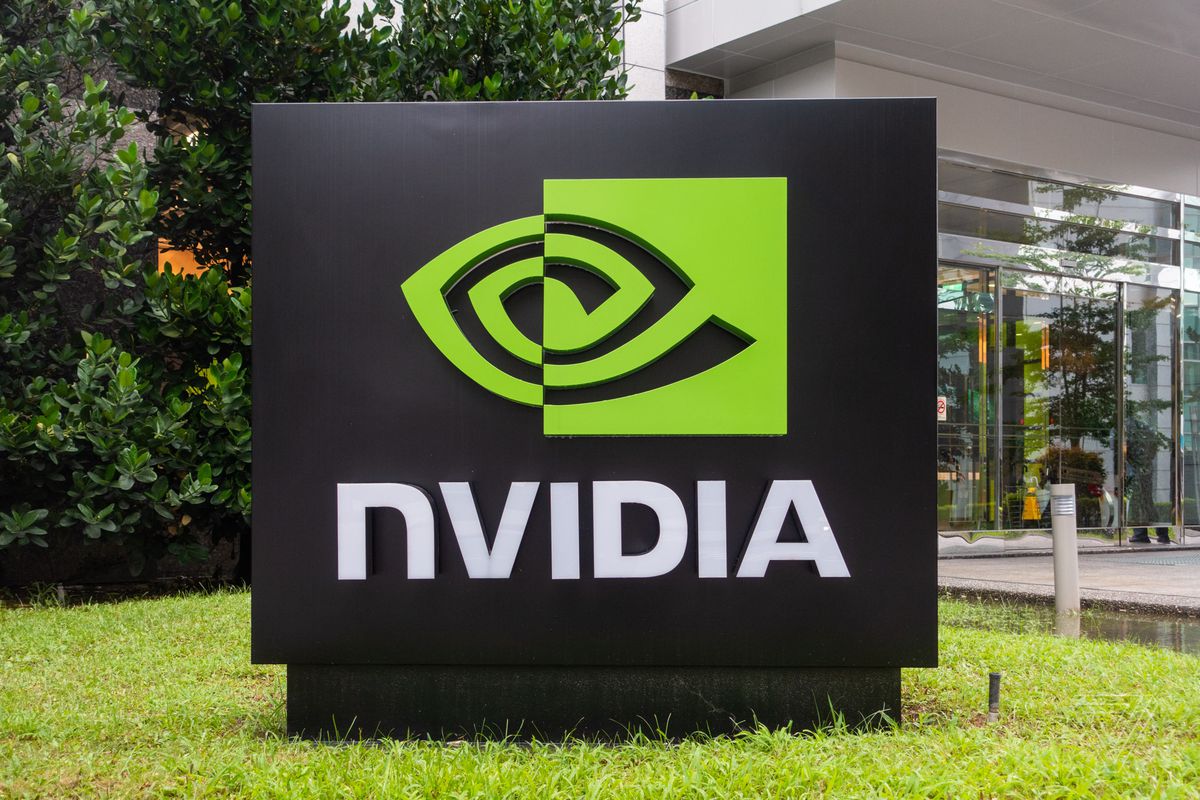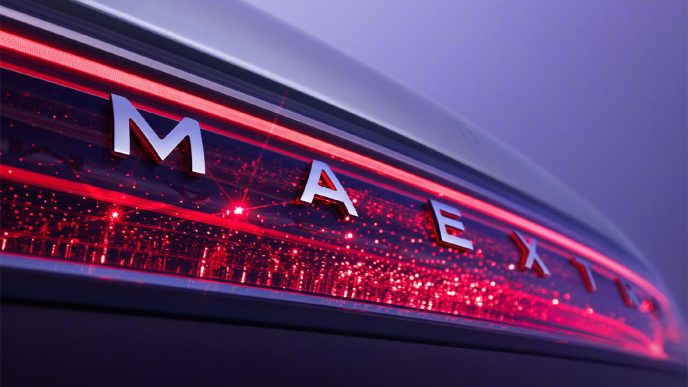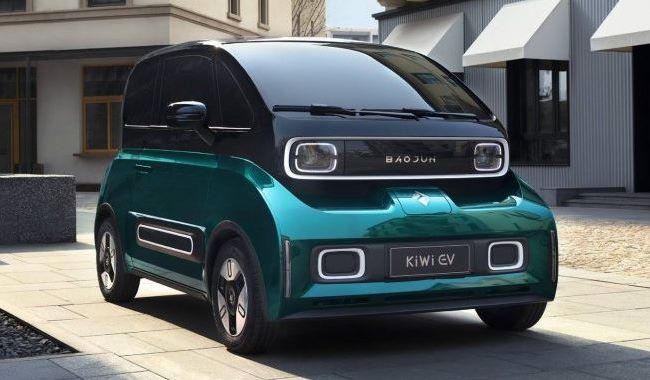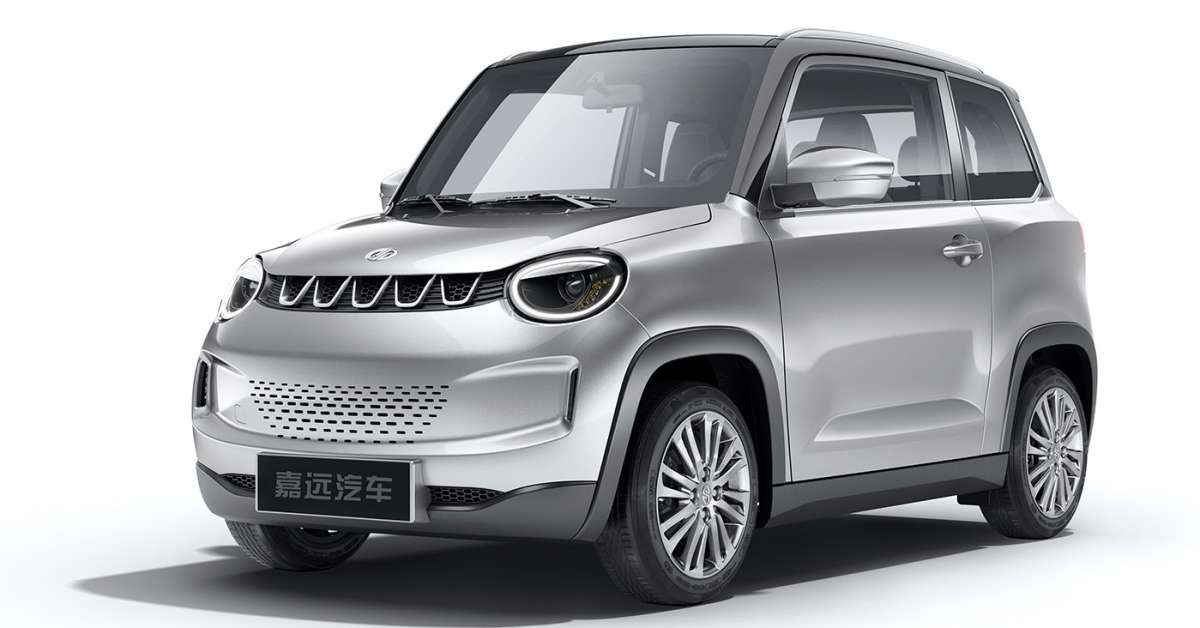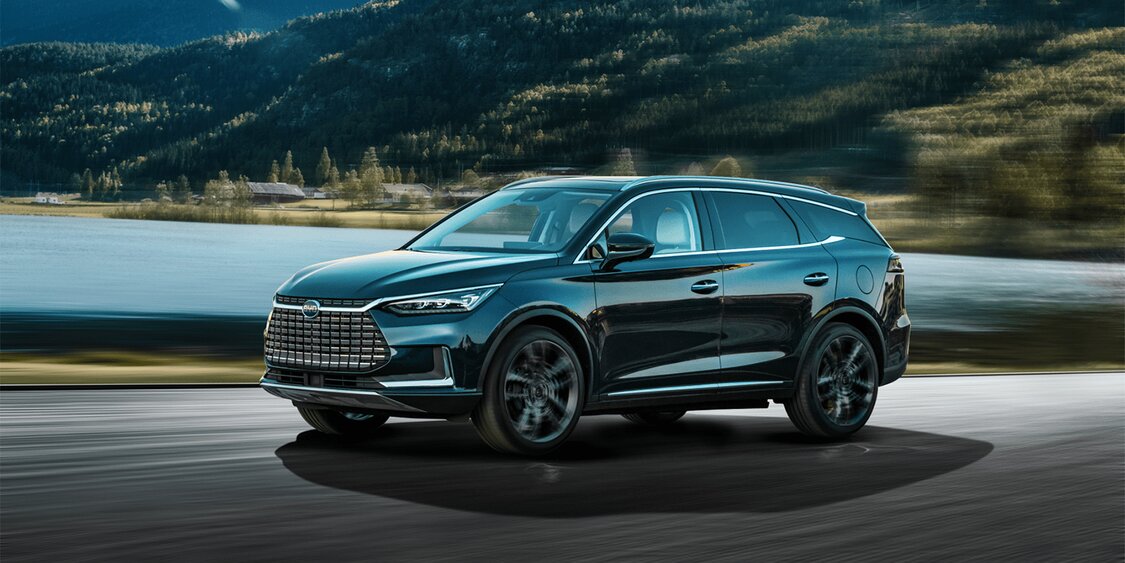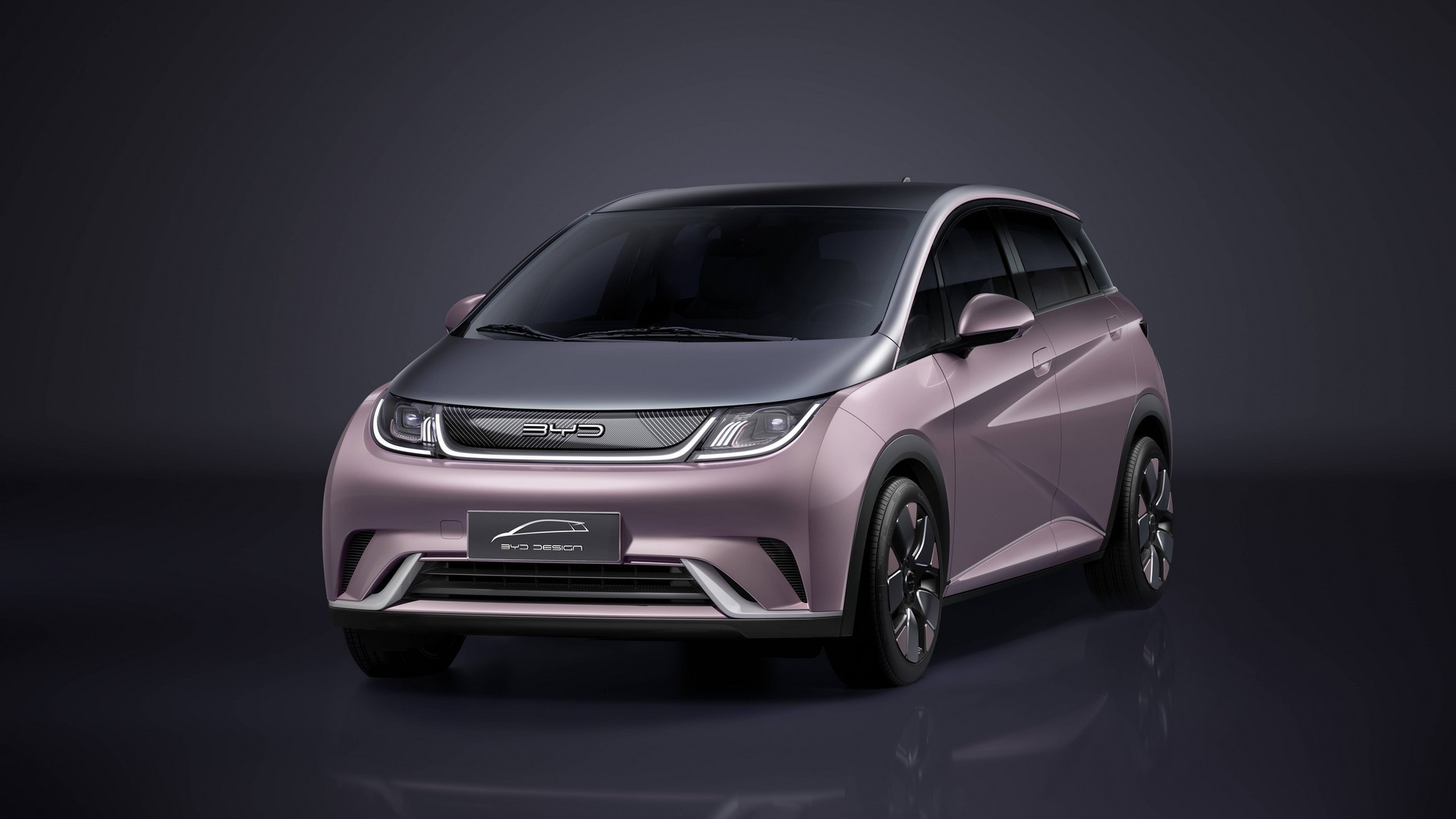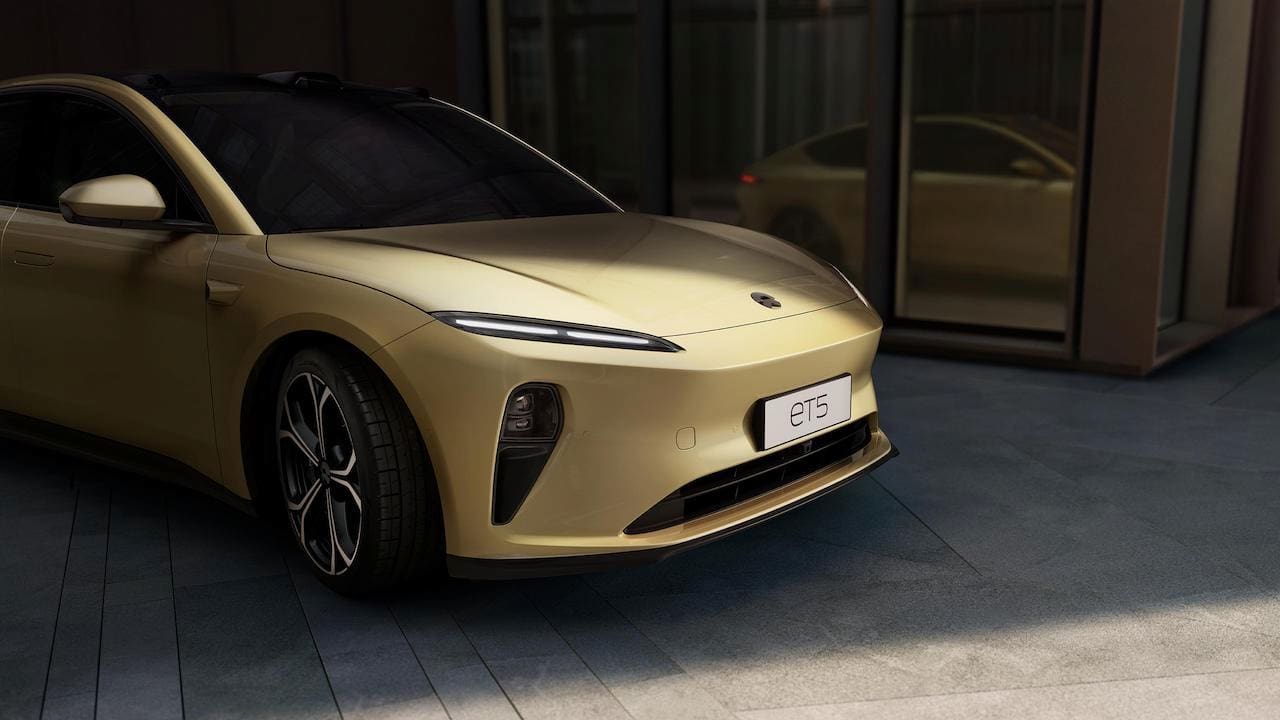Nvidia is encountering significant headwinds in its automotive ambitions as delays in the production of its next-generation Thor chip prompt some Chinese automakers, including Xpeng, to reconsider their reliance on the U.S. semiconductor giant, according to a report by Chinese media outlet 36kr.
Initially slated for mass production by mid-2024, the Thor chip, unveiled in September 2022, is now delayed. Nvidia’s revised timeline suggests that only an entry-level version of the chip will be available by mid-2024, with full-scale deployment expected later. The setbacks come at a time when Chinese automakers are advancing their in-house chip development, diminishing the appeal of Nvidia’s offerings, the 36kr report noted.
Xpeng, which initially planned to use Thor in its P7+ electric sedan, opted instead for Nvidia’s existing Orin chip due to the delays, 36kr reported. Similarly, Nio has avoided pre-ordering Thor for its 2024 models, favoring a combination of its proprietary Shenji chip, Nvidia’s Orin, and chips from Horizon Robotics.
Nio’s Shenji NX9031 chip, unveiled at Nio Day 2023, will power its flagship ET9 sedan, set to launch at Nio Day 2024. Meanwhile, Xpeng’s Turing AI chip achieved a successful tape-out in August, and Li Auto is progressing with its “Schumacher” chip, designed for a next-generation smart driving system slated for 2026.
Li Auto’s VLA (visual language action modeling) system, currently under development, aims to integrate seamlessly with its proprietary chips, reducing dependency on Nvidia’s Thor, according to the 36kr report.
Nvidia’s Thor chip, powered by the Blackwell GPU architecture, was designed to deliver up to 2,000 TOPS (trillion operations per second) for autonomous driving and in-vehicle AI applications. However, production of Blackwell-based chips has been plagued by architectural and manufacturing delays, reportedly stemming from issues with TSMC’s 4 nm process and the chip’s 208 billion-transistor design, 36kr cited industry sources as saying.
Thor’s setbacks come as competition intensifies in the smart driving sector. In addition to Li Auto, Xpeng, and Nio, other Chinese automakers, such as BYD and GAC Aion’s Hyper brand, are exploring alternatives to Nvidia’s solutions.
Nvidia had announced Zeekr as Thor’s first customer, with production scheduled for early 2025. However, the delays raise concerns about its ability to maintain a competitive edge as automakers increasingly shift to proprietary and localized technologies.

